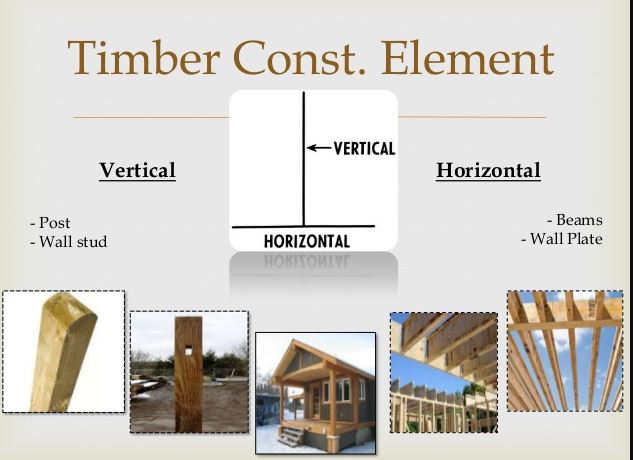The Reasons Why Timber Is Selected As a Structural Element in Construction Projects
View This Dissertation Here
Timber has been used as a construction material since the beginning of recorded history. Over the past 100 years its use as a structural element in large scale commercial or industrial buildings has fallen dramatically when compared to steel or concrete. An investigation into the properties and physical characteristics of timber has shown that with careful detailing and specification it can be used in almost any situation that steel or concrete is currently used in. It has also been demonstrated that timber is the most sustainable of the main construction materials provided it is produced under the auspices of the accredited certification schemes. This has led the researcher to question why it is not specified more often in the UK construction industry. A questionnaire was sent out to determine the attitudes to practitioners from several disciplines towards the use of timber as a structural element.

The results showed that timber is used less often than steel or concrete and the results show that in theory timber is suitable for most structural elements of a building; in practice it is rarely used due to the perceived difficulty in design and on site construction of the timber elements compared to similar steel or concrete designs. It is suggested that further research be conducted to establish if the actual difficulties in design and construction match the perceptions of the designers and contractors expressed in this research. It is further suggested that detailed research into the relative costs of timber, steel and concrete would identify whether the perception that ‘timber is an expensive option’ is true. The overall aim of the research is to compare timber with steel and concrete when used as a structural element. It is anticipated that the research will demonstrate that timber can replace steel or concrete as a structural element under certain circumstances and will attempt to establish why it is not more commonly used.
Dissertation Objectives
- Evaluate the physical characteristics of timber, focusing particularly on its use as a main structural element, comparing the properties to similar steel and concrete elements
- Identify whether the perception that timber is rarely used in commercial or industrial buildings is correct
- After establishing whether objective 2) is true, identify a trend which indicates why timber use is rare or, if 2) is false, the reason why there is the perception
- Establish whether the results of the research would have an influence on the choice of materials in the future
Other Relevant Blog Posts
Timber Frame Construction Dissertation
Construction Management Dissertation Topics
I do hope enjoyed reading this post on the use of timber as a structural element in construction projects. There are many other titles available in the construction dissertation collection that should be of interest to construction management students and building professional. There are many dissertation titles that relate to other aspects of construction such as project management techniques, environmental management, building and construction methods to name a few. It took a lot of time to write this post and I would be grateful if you could share this post via Facebook and Twitter. Feel free to add your thoughts in the comments section. Thank you.

I want the complete dessertation on this topic